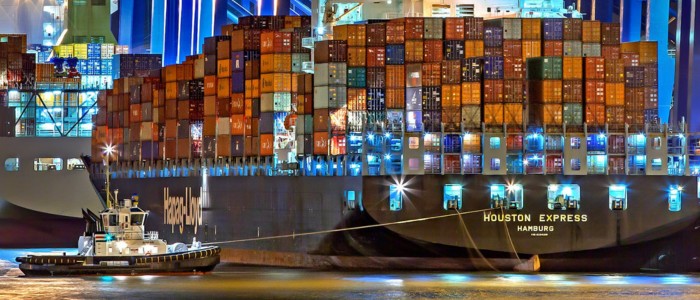International trade is intricately linked with the global economy that exists today. This serves as a catalyst for economic development, innovation, and prosperity.
Despite this interdependence, the complicated structure of international trade legislation and regulations may pose significant challenges for organizations and people trying to navigate the global market. Therefore, success in international trade now depends on your ability to comprehend and adjust to these policies.
This blog sheds light on the significance of understanding and maneuvering through international trade policies in the rapidly evolving world.
ALSO READ: How Are Decreasing Home Prices Affecting Financial Markets
Significance of International Trade Policies
International trade policies play a crucial role in shaping the global economy. Governments usually enact these policies to promote economic growth, protect domestic industries, and guarantee fair competition.
By understanding these policies and regulations, businesses can expand globally. They can even impact everything, from tariffs and quotas to intellectual property rights and product standards.
Furthermore, staying informed about these policies will help businesses to identify opportunities, mitigate risks, and effectively strategize their international trade operations.
Role of International Trade Organizations
Intergovernmental bodies like the World Trade Organization (WTO), regional trade blocs like the European Union (EU), and bilateral trade agreements between nations are often the ones that establish and enforce international trade laws. These groups support trade liberalization, resolve conflicts, and facilitate negotiations.
In case your enterprise is involved in cross-border trade, familiarizing yourself with these rules and guidelines is a must. Staying updated on new trade agreements and revisions is also important.
Adapting to Changing Trade Policies
To adapt to the constantly shifting international trade landscape, navigating international trade policies demands a proactive strategy. Here are a few key strategies.
Conducting Extensive Research
Stay abreast of changes to regulations, preferential trade agreements, and trade policies in your target markets. You can find information in places like government websites, business associations, and specialized trade periodicals.
Engaging Experts and Legal Counsel
Consult professionals with expertise in international trade laws and regulations. They can offer advice, manage difficult procedures, and guarantee adherence to trade regulations.
Expanding Markets
Dependence on a single market might make an economy more susceptible to shifting trade laws. Therefore, explore new markets and build diversified customer bases for mitigating risks associated with policy fluctuations.
Building Strategic Alliances
Collaborating with local partners or distributors who possess in-depth knowledge of local trade policies can streamline operations and facilitate compliance.
To Conclude
Understanding and adjusting to international trade rules are crucial for organizations and people involved in international trade. This blog shall assist companies in navigating the intricacies of international trade policies and taking advantage of a worldwide market.
Tags:
Sales AnalyticsAuthor - Samita Nayak
Samita Nayak is a content writer working at Anteriad. She writes about business, technology, HR, marketing, cryptocurrency, and sales. When not writing, she can usually be found reading a book, watching movies, or spending far too much time with her Golden Retriever.


